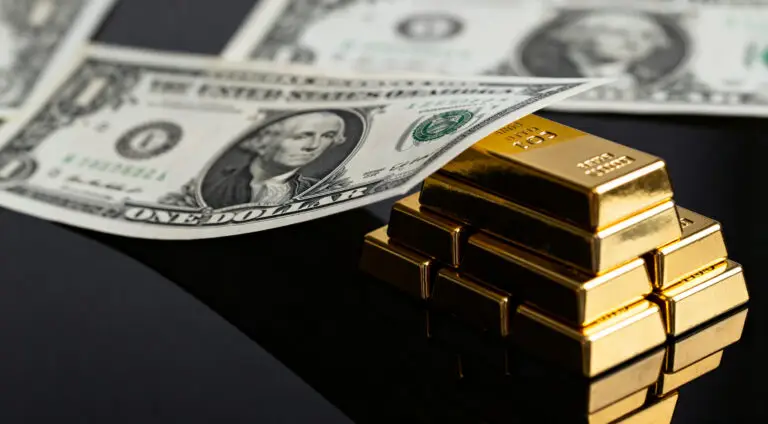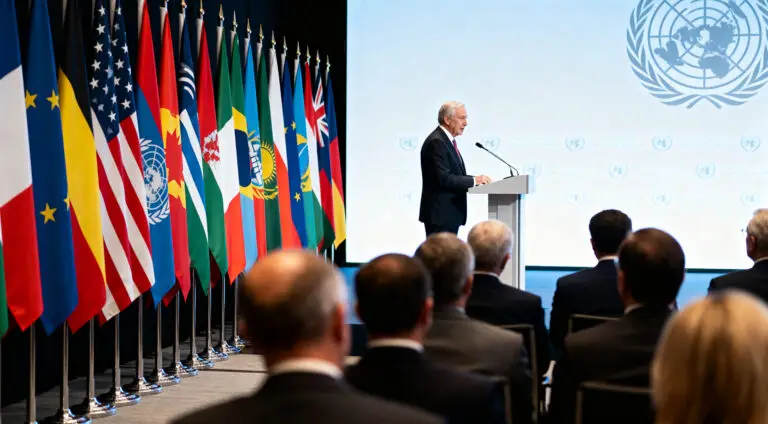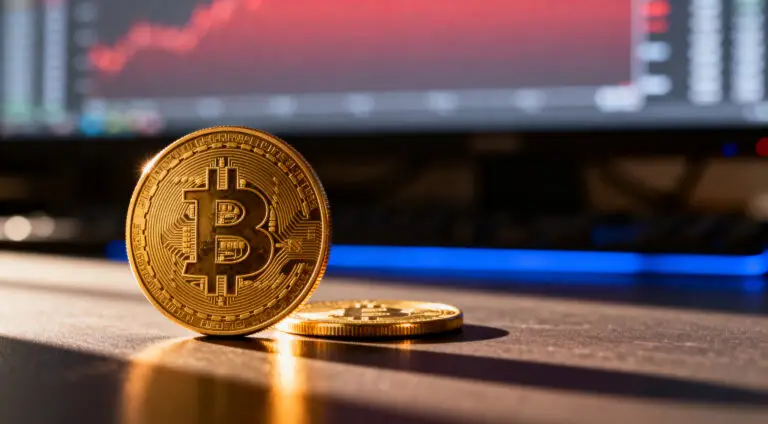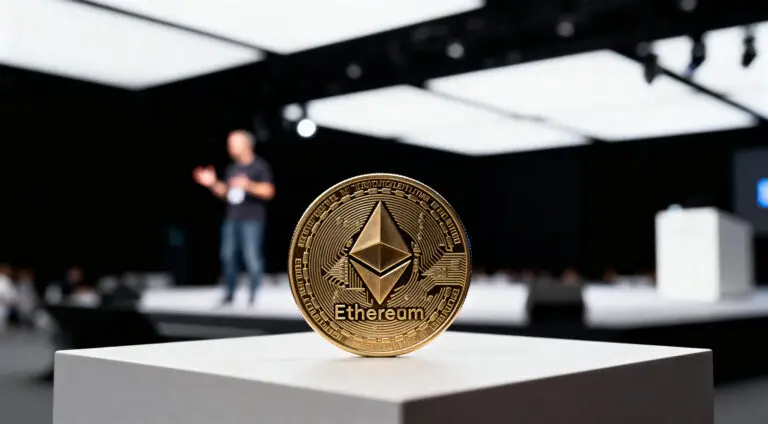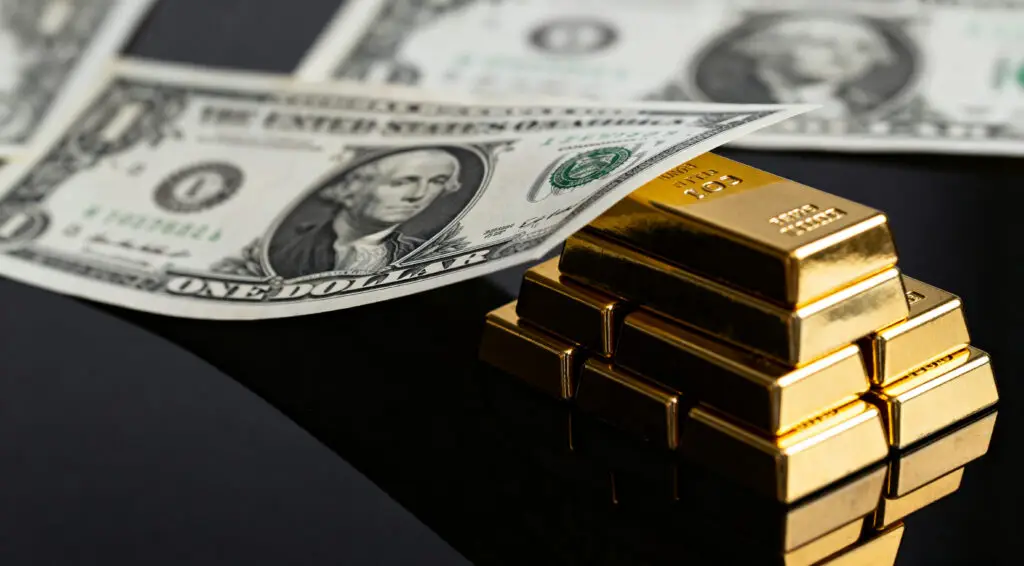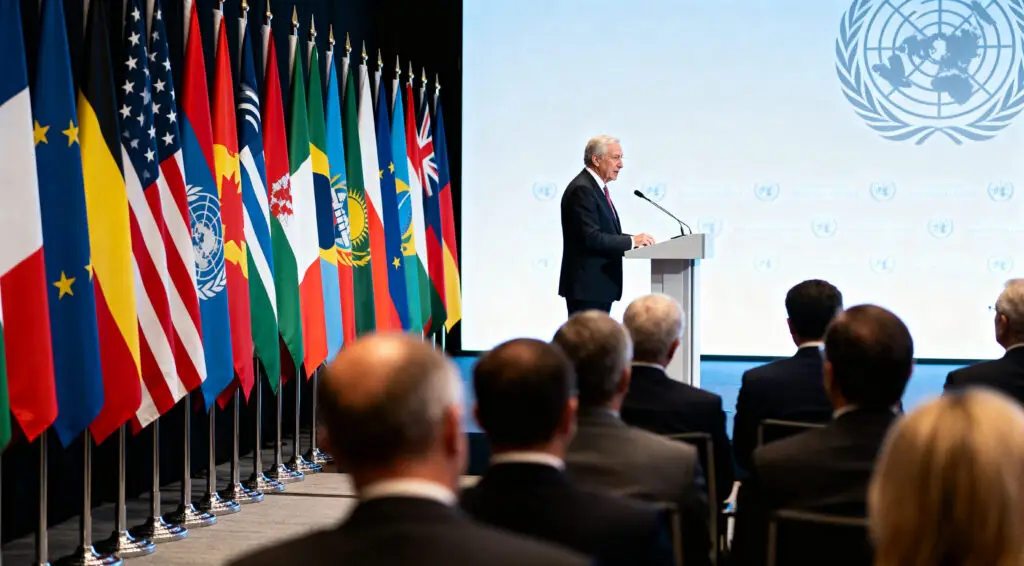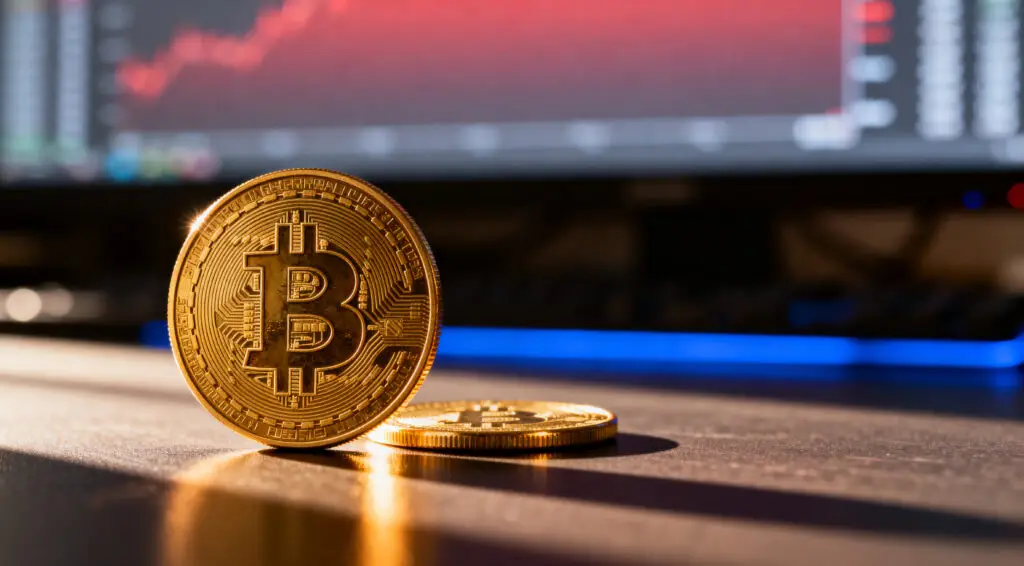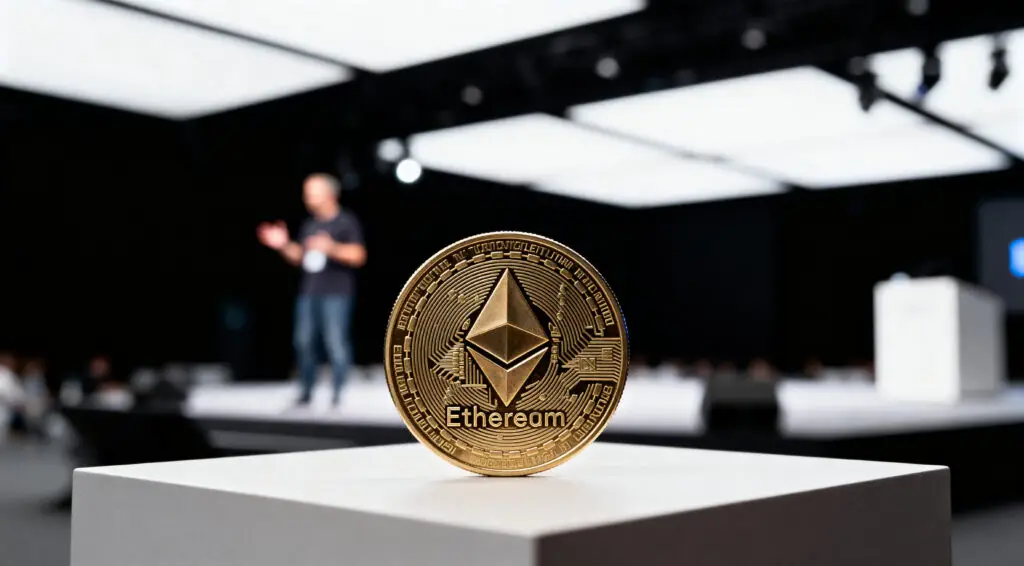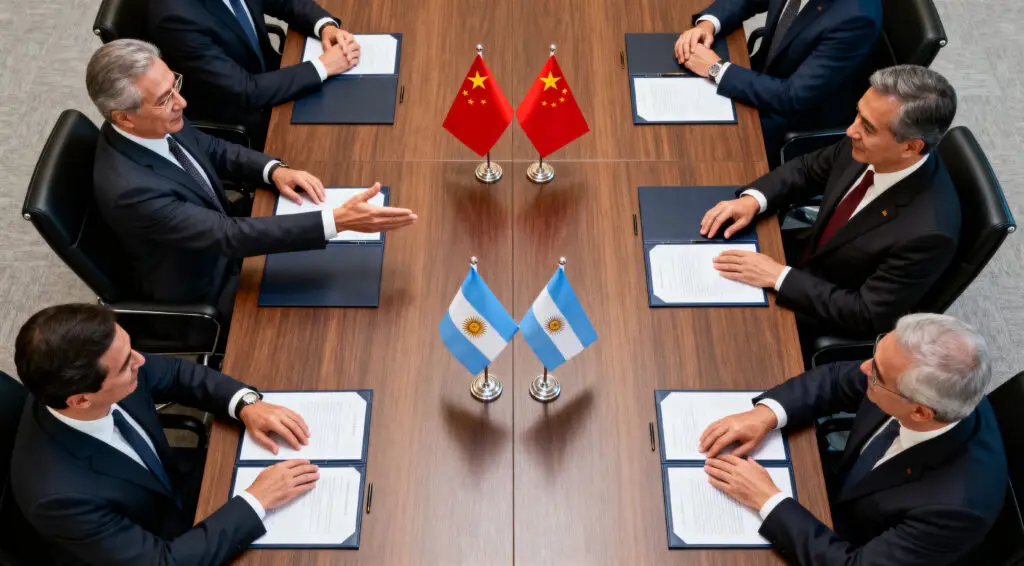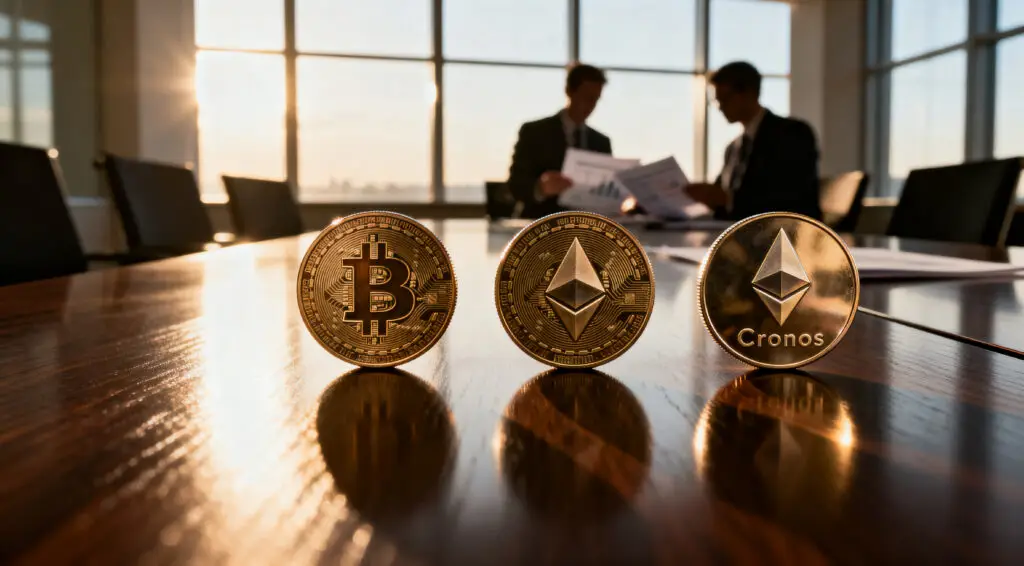Trump’s Growing Crypto Connections
The White House insists President Donald Trump is not involved in any conflicts of interest. However, a closer look at his business empire reveals a growing dependency on the crypto industry, one that his policies are actively helping to grow. This article will examine the numerous crypto-related ventures tied to the president and his family, from memecoins to stablecoins, and analyze the ethical and constitutional questions they raise. The situation presents a unique and public intersection of politics, personal wealth, and the rapidly evolving world of digital assets.
The Rise of a Crypto Empire
President Trump’s business interests are increasingly tied to the crypto world. He has memecoins named after himself and his wife, and a company he co-founded, World Liberty Financial, has launched a stablecoin and a digital token. His publicly traded media company is also pivoting to become a digital asset treasury, with plans to accumulate billions in various cryptocurrencies. This is all happening in public view and appears to be making the president a substantial amount of money. On paper, his crypto holdings could one day exceed his real estate wealth, though the value of these assets remains volatile.
Business and Diplomacy Intertwined
The firm World Liberty Financial, co-founded by Trump and his top diplomatic negotiator, Steve Witkoff, is a prime example of this intertwining of business and government. The company’s new WLFI token gives traders voting rights on governance issues, and the Trump family is its largest holder. This raises questions about how foreign governments and other entities might use these investments to curry favor. For instance, the company’s stablecoin, USD1, is being adopted by an Emirati-backed investment firm. Such a relationship raises concerns about the potential for foreign influence on the presidency.
Recommended Article: Trump’s Approval Rating Hits Second-Term Low, Driven by Unpopular Tariffs
The Emoluments Clause and New Questions
The Constitution’s emoluments clause, which forbids US officials from taking payments from foreign governments, has never been seriously litigated in the context of cryptocurrency. During Trump’s first term, the Supreme Court chose not to consider a case related to foreign officials staying at his hotels. In Trump 2.0, the questions about emoluments are the same, but the numbers are much larger. A pledge by an Emirati-backed firm to invest in a stablecoin from a Trump-founded company would have been unimaginable to the authors of the Constitution. The lack of legal precedent makes this a gray area.
A Family-Driven Crypto Strategy
Trump’s sons, Donald Jr. and Eric, are actively involved in promoting and expanding the family’s crypto interests. They co-founded World Liberty Financial and are taking on roles in a publicly traded company that plans to buy WLFI. Eric Trump also has ties to a Bitcoin mining venture that recently listed on the Nasdaq. Donald Jr. has publicly defended their business activities, arguing they would be accused of wrongdoing regardless of what they do. This family-driven strategy is a key component of the overall plan to capitalize on the crypto market.
The Allure of Memecoins and Foreign Investors
Beyond the more serious ventures, Trump is also cashing in on the memecoin craze. The memecoin that bears his name, $Trump, has brought in hundreds of millions in fees for the president. Many of the largest investors in this memecoin are foreigners who were reportedly feted at a May dinner with the president. One notable investor is Justin Sun, a Chinese-born crypto mogul who was facing fraud charges in the US until Trump took office. This relationship raises significant ethical red flags about the potential for quid pro quo arrangements and foreign influence.
The ‘Crypto Capital’ of the World
President Trump has pledged to make the US the “crypto capital of the planet,” and his administration is taking concrete steps to achieve this. He has ordered the creation of a strategic crypto reserve, similar to the country’s oil and gold reserves. He has also signaled a more hands-off approach to crypto regulation, which has been a major positive for the industry. This political support, combined with the family’s personal financial interests, creates a powerful feedback loop. As his policies help the industry grow, his family’s crypto ventures become more valuable.
A Growing Political Divide on Crypto
Trump’s involvement in crypto also highlights a growing political divide in America. According to a recent Gallup poll, 17% of US investors with more than $10,000 are now in crypto, a significant increase from 2018. While skepticism among Democrats has grown over the years, the percentage of Republicans who see crypto as a big risk has remained relatively stable. This suggests that crypto is becoming a partisan issue, with Trump’s vocal support potentially solidifying its base among his political supporters. The political and financial ramifications of this divide will continue to be a major story in the coming years.


